Market Trends
Key Emerging Trends in the Nuclear Magnetic Resonance Spectroscopy Market
Significant trends have been experienced by the Nuclear Magnetic Resonance (NMR) Spectroscopy Market, which has shown an increase in its applications and technological progressions. NMR spectroscopy is a tool that is used to do researches on molecular dynamics and structure therefore it is a very important tool in many areas which include but not limited to chemistry, biochemistry and medicine. Over the past few years, there have been several major trends that have guided NMR Spectroscopy Market, thus showed its versatility and increased demand across different sectors.
The first significant trend in NMR Spectroscopy Market is diversification of application scope. In traditional applications, employing for revealing molecular structures in chemistry this technique has now extended its reach into such fields as proteomics, metabolomics and material science. A wide range of samples including complex biological molecules polymers and materials can be investigated using NMR because it is versatile hence leading to growth of the market overall. This demonstrates that NMR spectroscopy can be applied in numerous scientific disciplines evidencing its flexibility.
New York City was the scene of one such breakthrough at Brookhaven National Laboratory (BNL), where scientists were able to observe how single atoms interact with each other through a unique microscopy method involving scanning tunneling microscopy (STM). Developed at BNL’s Center for Functional Nanomaterials, this method allowed researchers to monitor interactions between single platinum atoms on cerium oxide surfaces under different conditions.
Another factor driving innovation in the market are technological advancements in NMR instrumentation. There has been success regarding high-field systems with improved sensitivity and resolution making it possible to analyze more substances. Additionally, automation and software solutions integration enable easy acquisition and analysis of data thus making NMR spectroscopy accessible. Given the increased quest for quick analytical techniques that are precise enough; this development positions NMR as an invaluable tool both in academia and the industry.
Furthermore, there is also a growing demand for benchtop and compact NMR instruments in the NMR Spectroscopy Market. Initially, NMR instruments were cumbersome occupying whole laboratories. In contrast, smaller portable NMR instruments have broken these barriers to entry. Benchtop systems are appealing due to their low cost, small footprints and ease of use thus making more people access to the technology of NMR spectroscopy. This trend matches up with increasing needs of on-site and point-of-care analytical solutions in various industries.
Additionally, collaborations between instrument manufacturers, research institutions, and end-users are increasing within the market place. These collaborations involve working together to resolve specific challenges in analysis; devising tailor-made NMR solutions; and advancing overall capabilities of NMR spectroscopy. This interaction between industry players and academic researchers brings out cutting-edge applications and methodologies that make the market for The Nuclear Magnetic Resonance (NMR) Spectroscopy Market dynamic.
Thus far optimization has resulted into increased reliance on NMR-spectroscopic methods while analyzing environmental samples as well as evaluating food quality & safety. Environmental samples can be analyzed non-destructively by using these methods offering quantitative insights useful for determining composition of natural resources; monitoring pollutant levels as well as verifying food/ beverage integrity. With an increasing number of businesses being conscious about sustainability & quality control regulations this development reflects the heightened awareness among various industries.
However despite positive developments there remain challenges within the domain including high costs associated with purchasing high end equipment; competition from alternative techniques for analysis; complexity in interpretation of data obtained using advanced tools such as NMR spectrometers among others. Some ways used to address these challenges include ongoing research into improving affordability of instruments, developing algorithms for data processing purposes besides enlightening people about what can be done using such machines.


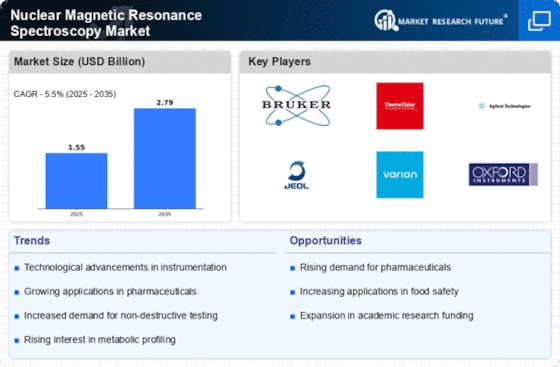
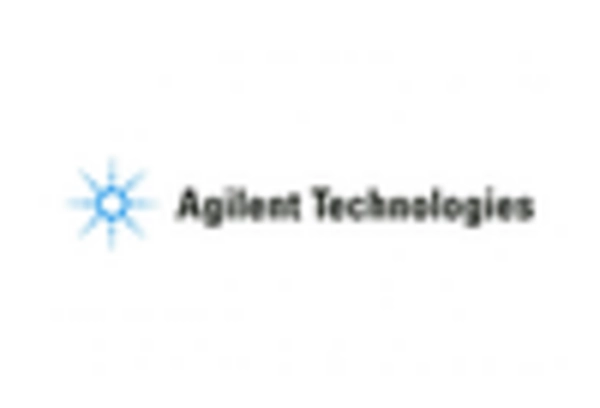
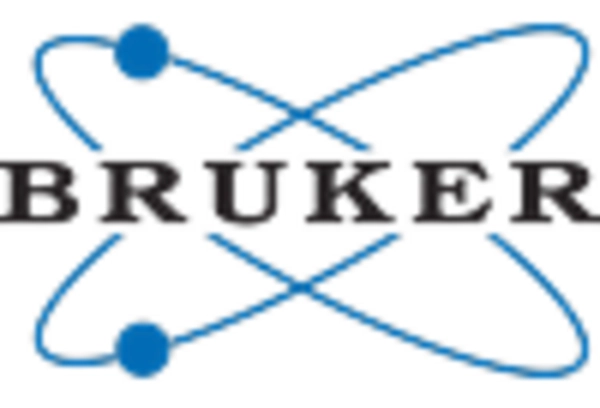
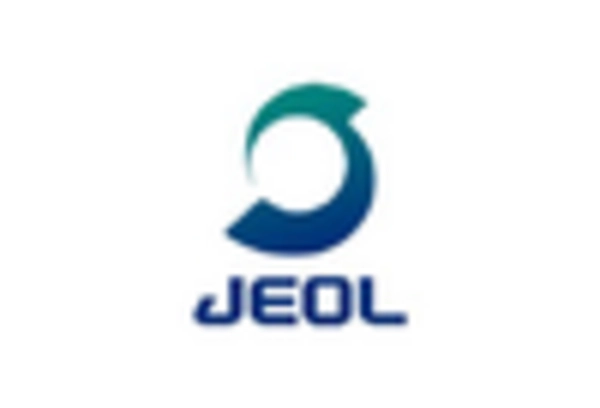
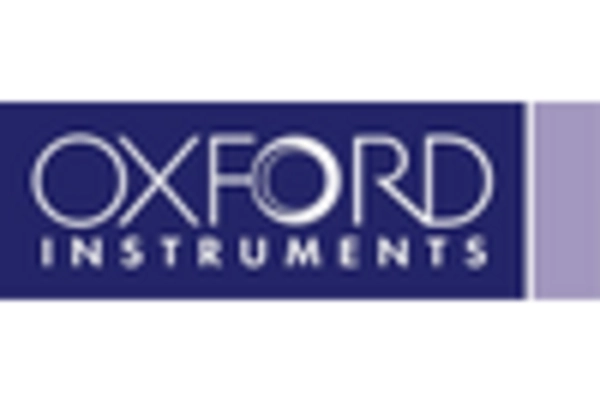
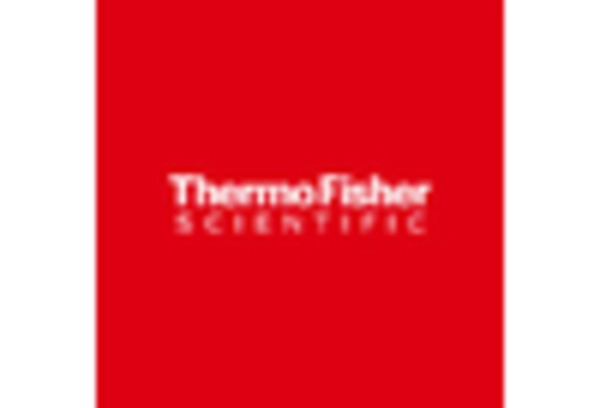
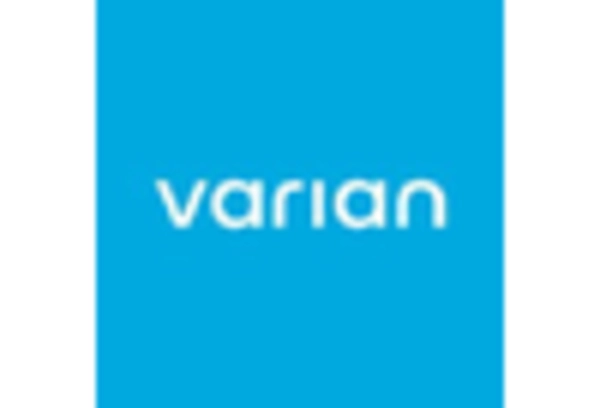









Leave a Comment